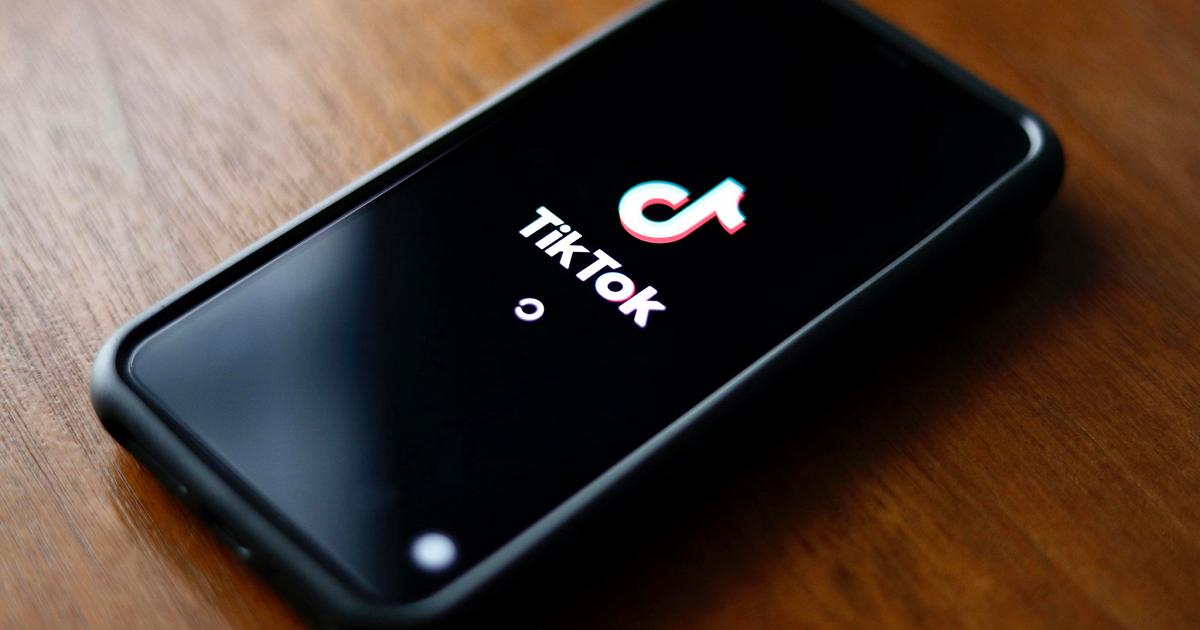New Zealand also bans MPs from using TikTok, the Chinese-owned social media app. The ban, which will cover all devices with access to the parliamentary network, will enter into force on 31 March.
According to official Gonzalez-Montero, the risks are "unacceptable in the current New Zealand parliamentary environment. The decision was taken on the basis of the analyses of our own experts, after a discussion with our government and international colleagues," he added. The ban will apply to about 500 people working in Parliament, not all government employees as has been the case in other countries such as the United States and Britain.
New Zealand Prime Minister Chris Hipkins said he doesn't have TikTok on his phone. "I'm not that fashionable," he told reporters.
New Zealand will follow the lead of Canada, the United Kingdom and federal agencies in the United States, which have already banned TikTok from government devices due to data security concerns. The European Commission has also ordered a ban on the video-sharing app from its employees' devices.
Global action against TikTok began in India in 2020. The social network was on a list of banned apps after deadly clashes on the border with China, with New Delhi claiming to defend its sovereignty. In the same year, former President Donald Trump accused TikTok of being a spying tool for Beijing.
TikTok has admitted that employees of its parent company ByteDance in China have had access to information about Americans' accounts, but has always denied passing this data on to authorities.
How and why TikTok puts security at risk
TikTok, created and developed by Chinese tech giant ByteDance, founded in 2021 by Zhang Yiming, CEO Liang Rubo and others, is in the eye of the storm after doubts were raised about its safety. The suspicion is that the app can share relevant information with the Chinese government, especially with regard to the most sensitive accounts, a hypothesis that Beijing has always denied.
According to TikTok executives, 60% of ByteDance's shares are controlled by global investors, 20% by its employees and another 20% by its founders, who still have more voting rights. China's foreign ministry recently accused the United States of spreading misinformation about potential security risks to the app to pressure its Chinese owners to divest their stake. Otherwise on the table of the Biden administration - as reported by the Wall Street Journal - there would even be the hypothesis of a ban on use extended to the whole territory.
Are the data security risks real?
Both the FBI and the Federal Communications Commission have warned that ByteDance may share TikTok user data, such as browsing history, location and biometric identifiers, with the Chinese government. A law revised in 2017 requires Chinese companies to provide the government with all personal data relevant to the country's national security. There is no evidence that TikTok has handed over such data, but fears remain given the large amount of user data it collects, as do many social media companies.
In 2020, then-President Donald Trump and his administration tried to force ByteDance to sell U.S. assets and ban TikTok from app stores. The courts objected and President Joe Biden, while annulling Trump's orders, ordered a thorough study of the matter.
A planned sale of TikTok's U.S. assets was also shelved as the Biden administration negotiated a deal with the company that was supposed to somehow address the security issue.
In February, U.S. Senators Richard Blumenthal and Jerry Moran, a Democrat and a Republican, wrote a letter to Treasury Secretary Janet Yellen urging the Foreign Investment Committee, which she chairs, to "swiftly conclude its investigations and impose strict structural restrictions" between TikTok's and ByteDance's U.S. operations. including potential separation of companies.
At the same time, lawmakers introduced measures that would expand the Biden administration's authority to enact a national ban on TikTok. The White House has already backed a Senate proposal that has bipartisan support.
Which countries have already restricted the use of TikTok
On Thursday, British authorities said they are banning TikTok on devices used by the government for security reasons, following similar moves by the European Union's executive branch, which temporarily banned TikTok from employees' phones. Denmark and Canada have also announced similar initiatives. Last month, the White House said it would give U.S. federal agencies 30 days to eliminate TikTok, already banned by Congress and the military, from all government-issued mobile devices.
TikTok's response
TikTok spokeswoman Maureen Shanahan said the company is already responding to security concerns through "transparent, U.S.-based protection of U.S. users' data and systems, through third-party monitoring, control and verification."
In June, TikTok said it would route all data from U.S. users to servers controlled by Oracle, the Silicon Valley company it chose as its U.S. technology partner in 2020 in a bid to avoid a nationwide ban. But for now it is storing data backups in its own servers and has not provided a timeline on when it will delete them.
Meanwhile, Shou Zi Chew, CEO of TikTok, will testify next week before the company's Energy and Trade Committee about privacy and data security practices, as well as his relationship with the Chinese government. Meanwhile, TikTok's parent company, ByteDance, has tried to better position itself in the international market. Theo Bertram, vice president of TikTok Europe, said in a tweet that ByteDance is "not a Chinese company" as the owners are 60% global investors, 20% employees and 20% founders and its executives operate in cities such as Singapore, New York, Beijing and other metropolitan areas.

